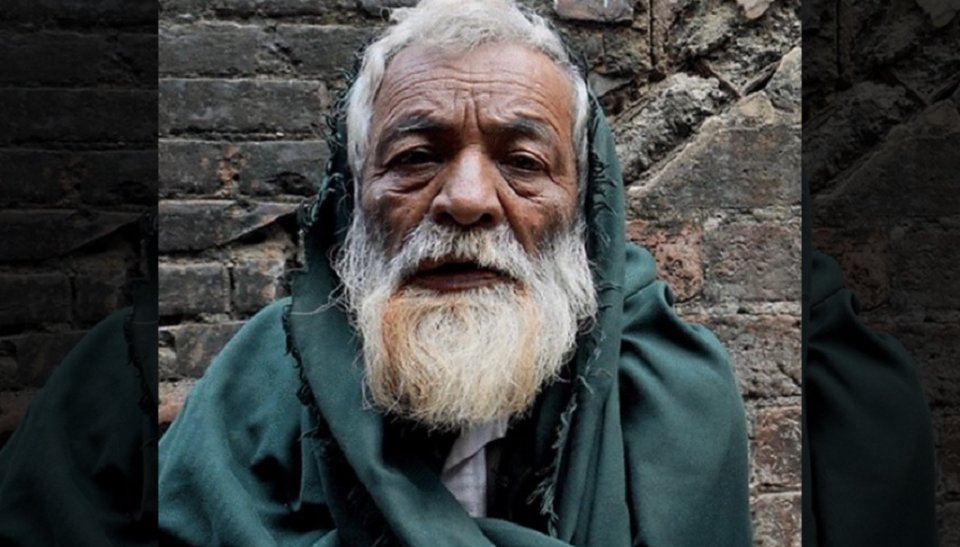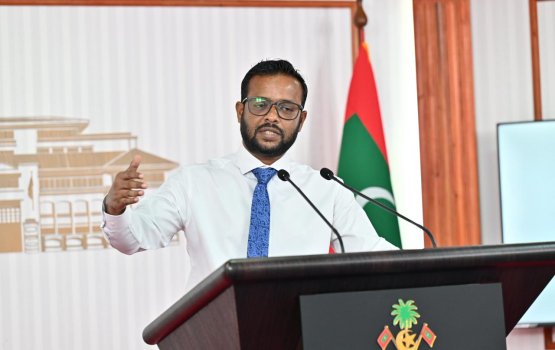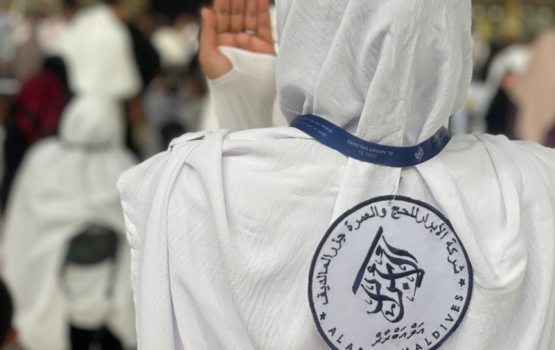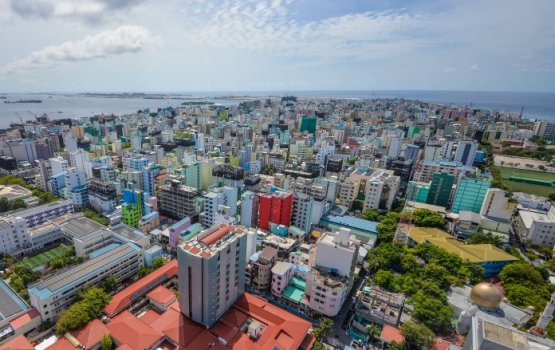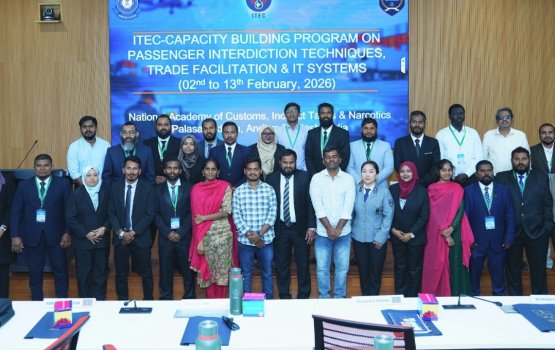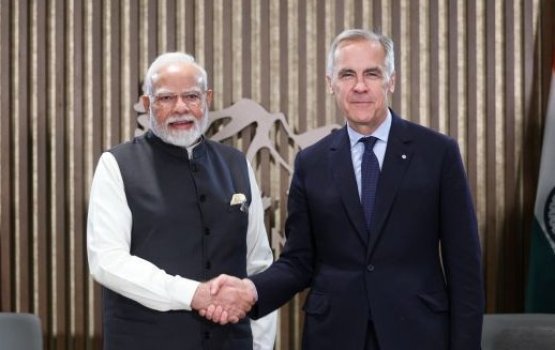Northern India's Uttar Pradesh has been the worst affected in the ongoing protests against a controversial new citizenship law. At least 19 people have died in the state since protests began on 20 December.
The extremely narrow lanes of Babupurwa in Kanpur city leads to Mohammed Shareef's home.
He is sitting outside the small tin-roof house. It has just one room which doubles as a kitchen during the day and bedroom at night. He gets up, hugs the visitor and breaks down. Several minutes pass in silence.
"I have lost everything. I have no will to live. What was my son's fault? Why did the police shoot him?" he says trying to hold back tears.
His 30-year-old son, Mohammed Raees, died on 23 December - three days after he was shot in the stomach.
"My son wasn't even protesting. He was a street hawker and just happened to be at the protest site. But even if he was protesting, did he deserve to die?
"Did he die because we are Muslims? Are we not citizens of this country? I will keep asking this question until I die," he says.
The protest where Mohammed Raees was shot was one of dozens which have taken place against the Citizenship Amendment Act (CAA) in Uttar Pradesh, one of the country's poorest states, and across India. Some have turned violent as stone-throwing protesters clashed with policemen.
Protests, especially in Uttar Pradesh, home to more than 40 million Muslims, have continued.
The state's chief minister, Yogi Adityanath, has said that "revenge" will be taken against those who destroyed public property. "Their property will be confiscated to make up for the loss of public assets," he said.
The police have followed his orders and identified "wanted" people, mostly Muslims, and stuck their posters across Kanpur.
It has struck fear into the community. In Babupurwa, there are several women who said their sons, some as young as 10, and husbands have decided to flee to different cities because they fear arrest and torture.
The fear in the Muslim community has been fuelled further by Yogi Adityanath's previous anti-Muslim statements, including advocating for a Donald Trump-style travel ban on Muslims in India, accusing Muslim men of forcibly converting Hindu women and comparing Bollywood star Shah Rukh Khan to Pakistan-based combative Hafiz Saeed.
Many believe that the chief minister is just following Mr Modi's idea of "muscular Hindu nationalism".
Thousands, mostly Muslim men, have been detained across the state and internet services were suspended for days. Many prominent activists, including a former top policeman, have been detained.
The police have also been accused of intimidating Muslims. Video footage from Kanpur shows policemen allegedly vandalising cars and homes in Muslim-populated areas in the dead of the night.

